Minmin Liu
Scale-free Photo-realistic Adversarial Pattern Attack
Aug 12, 2022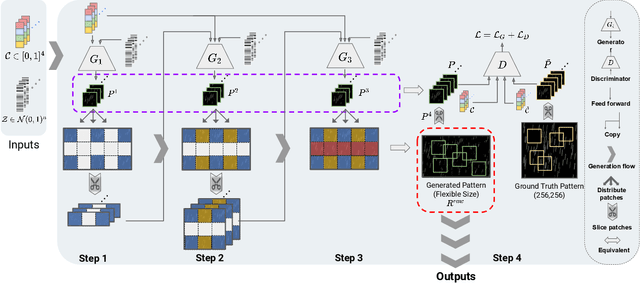
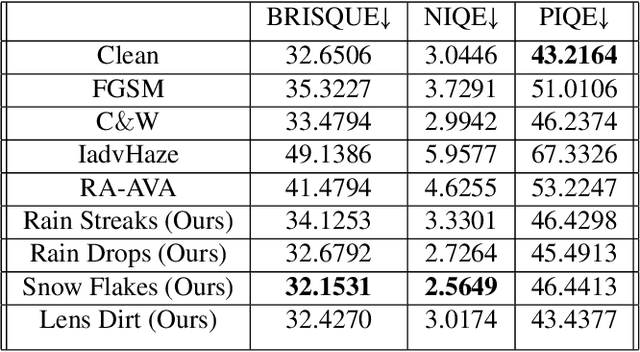
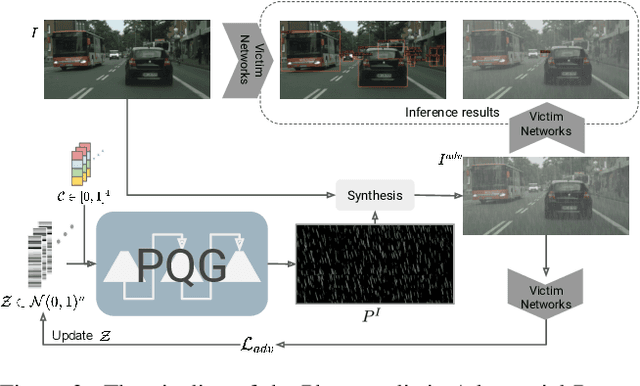

Abstract:Traditional pixel-wise image attack algorithms suffer from poor robustness to defense algorithms, i.e., the attack strength degrades dramatically when defense algorithms are applied. Although Generative Adversarial Networks (GAN) can partially address this problem by synthesizing a more semantically meaningful texture pattern, the main limitation is that existing generators can only generate images of a specific scale. In this paper, we propose a scale-free generation-based attack algorithm that synthesizes semantically meaningful adversarial patterns globally to images with arbitrary scales. Our generative attack approach consistently outperforms the state-of-the-art methods on a wide range of attack settings, i.e. the proposed approach largely degraded the performance of various image classification, object detection, and instance segmentation algorithms under different advanced defense methods.
Sample hardness based gradient loss for long-tailed cervical cell detection
Aug 07, 2022

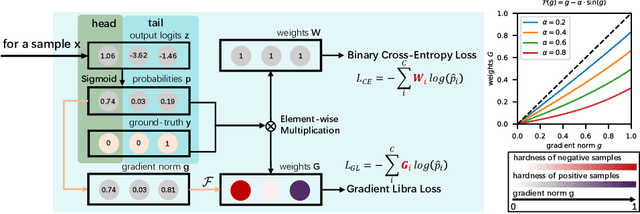
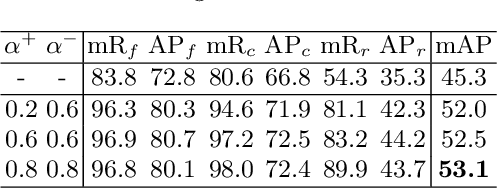
Abstract:Due to the difficulty of cancer samples collection and annotation, cervical cancer datasets usually exhibit a long-tailed data distribution. When training a detector to detect the cancer cells in a WSI (Whole Slice Image) image captured from the TCT (Thinprep Cytology Test) specimen, head categories (e.g. normal cells and inflammatory cells) typically have a much larger number of samples than tail categories (e.g. cancer cells). Most existing state-of-the-art long-tailed learning methods in object detection focus on category distribution statistics to solve the problem in the long-tailed scenario without considering the "hardness" of each sample. To address this problem, in this work we propose a Grad-Libra Loss that leverages the gradients to dynamically calibrate the degree of hardness of each sample for different categories, and re-balance the gradients of positive and negative samples. Our loss can thus help the detector to put more emphasis on those hard samples in both head and tail categories. Extensive experiments on a long-tailed TCT WSI image dataset show that the mainstream detectors, e.g. RepPoints, FCOS, ATSS, YOLOF, etc. trained using our proposed Gradient-Libra Loss, achieved much higher (7.8%) mAP than that trained using cross-entropy classification loss.
 Add to Chrome
Add to Chrome Add to Firefox
Add to Firefox Add to Edge
Add to Edge